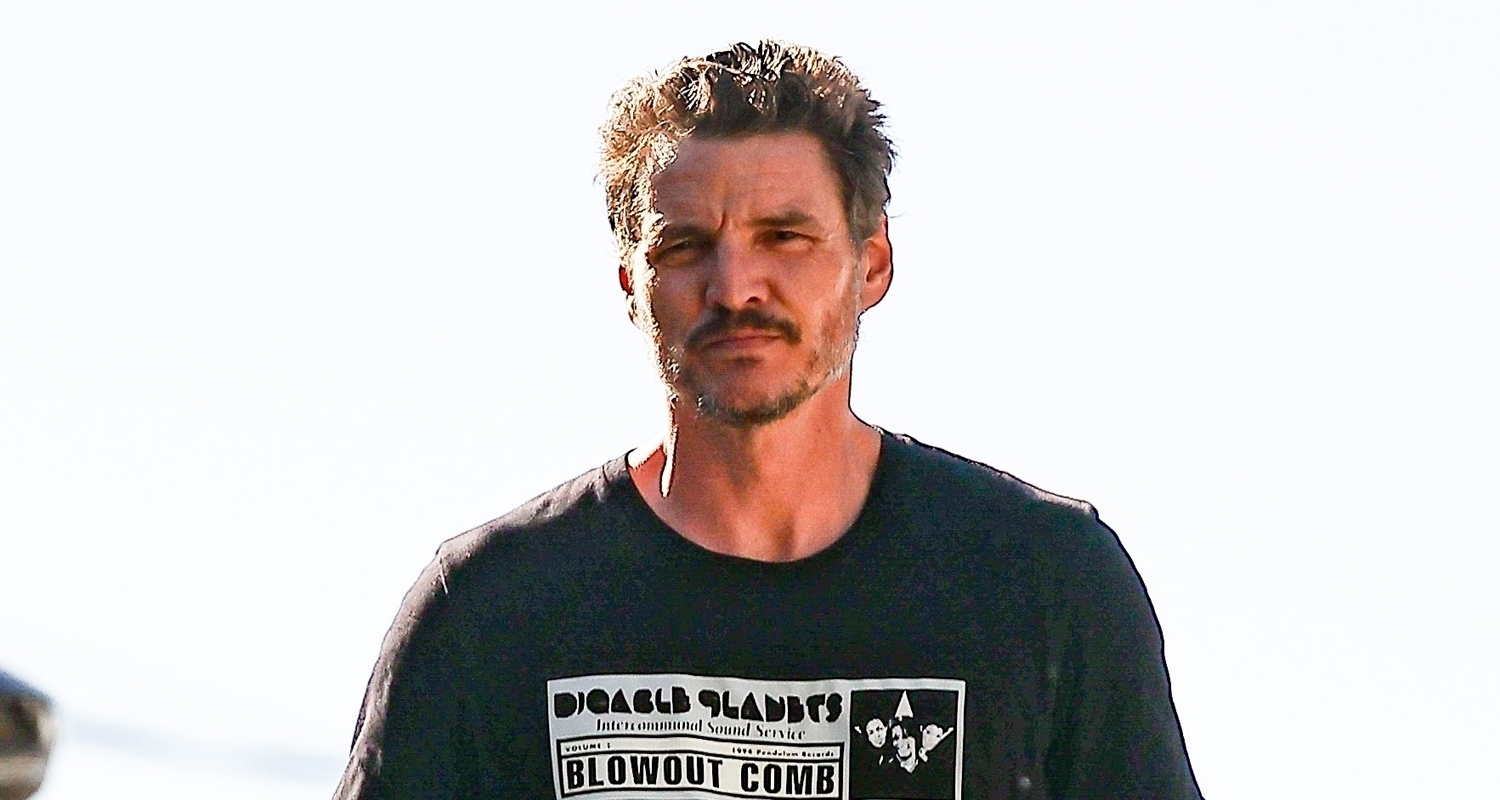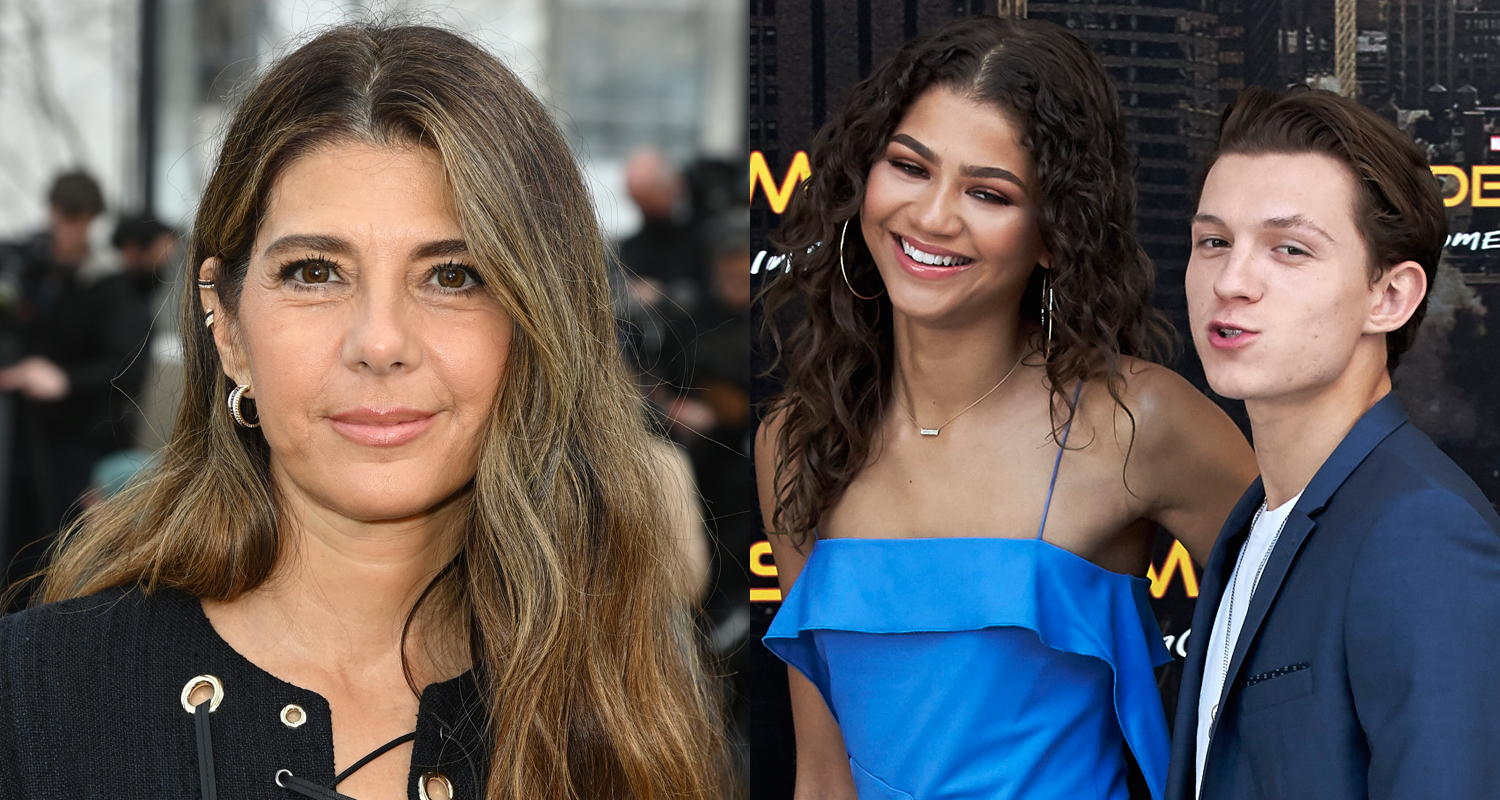ARTICLE AD
Many documentary filmmakers want their work on the big screen and not small. So, what gives? Why isn’t that happening?
One could argue that we haven’t seen a doc boom in cinemas since 2018 which served up such breakouts as Won’t You Be My Neighbor ($22.8M), Three Identical Strangers ($12.3M) and RBG ($14M). The pandemic is partially to blame as audiences have savored non-fiction stories on streaming, i.e. the Netflix series, Tiger King.
“It’s not that it doesn’t work theatrically,” explained Lionsgate EVP Acquisitions and Co-Production, Charlotte Koh who was part of the SXSW session “How to Tell True Stories: Narrative vs. Documentary”.
“It’s becoming more competitive for people’s attention because there is so much documentary product out there that can be watched through streamers and other ways,” Koh added.
Also on the panel moderated by Variety documentary journalist Addie Morfoot were Bryan Mooser, the EP of the docu Diane Warren: Relentless, which is world premiering at the fest, and Prentice Penny, whose company A Penny For Your Thoughts Entertainment produced the Hulu docu-series, Black Twitter; another SXSW debut this year.
“There are films that break through very rarely in theatrical, it does happen,” said Mooser about big screen docs, “It goes back to what works theatrically. Like Free Solo, um, can I count the Eras Tour as a documentary?”
“Yes!” interjected Koh.
If any subset of documentaries can do well theatrically of late, it’s music documentaries, proof of “what works in the communal space — that’s why the Eras Tour works so well,” emphasized Koh.
Even though the AMC circuit release, Taylor Swift: The Eras Tour with a domestic gross north of $180M is a unicorn among concert films, Renaissance: A Film By Beyonce, didn’t do too shabby by the genre’s average, grossing close to $34M stateside.
As far as docus making a destination for the small screen, Mooser explained, “Our medium was kind of television. When you think about PBS or HBO, when you think about documentaries and their growth from it, we’re OK as filmmakers being on a television screen because that’s how lot of people got to know (us) when they were watching Frontline or PBS.”
However, what’s going on increasingly with non-fiction work, is that it’s serving as source material for fiction fare. Read, the Mark Wahlberg Lionsgate movie Arthur the King, as well as the studio’s WWII set The Ministry of Ungentlemanly Warfare from Guy Ritchie and even the Kingdom Story feature, Ordinary Angels.
The appeal of based-on-true-stories stems from filmmakers who “are looking at a lens that’s more subjective in a lot of ways” says Koh. This coupled with packaging such stories with broadly appealing stars, i.e. Henry Cavill and Henry Golding. It’s all part of any movie studios’ mission to do whatever it takes to get audiences off their couches, and that goes for any genre. One of the intriguing facets of Arthur the King is that it’s set against adventure racing, an endurance sport without any set tracks. “When we previewed this movie for a few audiences what was fascinating was that they were like ‘Wow, we’ve never seen this sport before,'” said Koh.
“You have the old adage: it’s either extraordinary person in ordinary circumstances or ordinary person in extraordinary circumstances. And so much of that is happening through non-fiction storytelling as the thesis for this type of adaptation,” the EVP emphasized.
“It’s not a question of original and versus, it’s really about where am I finding the best stories that will resonate, particularly in a way that makes it feel like an event,” she continued.
“I think it’s hard to give a blanket statement because we have great movies that come out of original ideas. Some of the biggest franchises in Lionsgate’s history have come out of it like John Wick and Saw,” said Koh.
“Fresh stories often come from places that are not necessarily close to the movie business. And the economics of a podcast or the economics of a non-fiction work tend to be cheaper than some of the larger projects, and also allows you to have this incredible germination and this rich type of incubation of stories,” added Koh.
Roadside Attractions is a Lionsgate sister label which does documentary theatrical distribution and had the BAFTA nominated Beyond Utopia, and Black Ice about the history and contribution of Black hockey players to the sport.
Toward the end of this afternoon’s session, Koh fielded an attendee’s query, making the observation that Hollywood is becoming increasingly conscientious about pairing the right types of stories with the right filmmakers who are authentic to the material.
“I think what’s really encouraging now is the marriage of a consciousness of who is telling the story is as important, if not almost more important than what is the story. There’s a growing awareness in Hollywood where people are starting to realize ‘Is that the right person to be telling that story?’ There’s a real sensitivity there that I would say when I started in this business almost 25 years ago, there wasn’t. There was no thought to it. One of my favorite quotes was from Spike Lee who said, ‘Racism is over in Hollywood when I get to make a movie about the Holocaust.’ Because Spielberg had made Amistad. There’s a real truth to even if you’re not the perfect person to tell that story that you’re being sensitive to doing the research to make sure that you’re representing it in a way that feels authentic and respectful of the culture you’re coming from.”
Koh worked on a movie with Oscar nominee Lily Gladstone called Fancy Dance and “we had to rely on a bunch of experts to make sure that the cultural language and the tribal portrayal was accurate.”
“It’s one of those things where you have to take the time to do the work and the thinking and not be scared to ask people’s opinions about it, and not be scared about them (saying) ‘You should not be doing that.'”

.png) 10 months ago
39
10 months ago
39 

